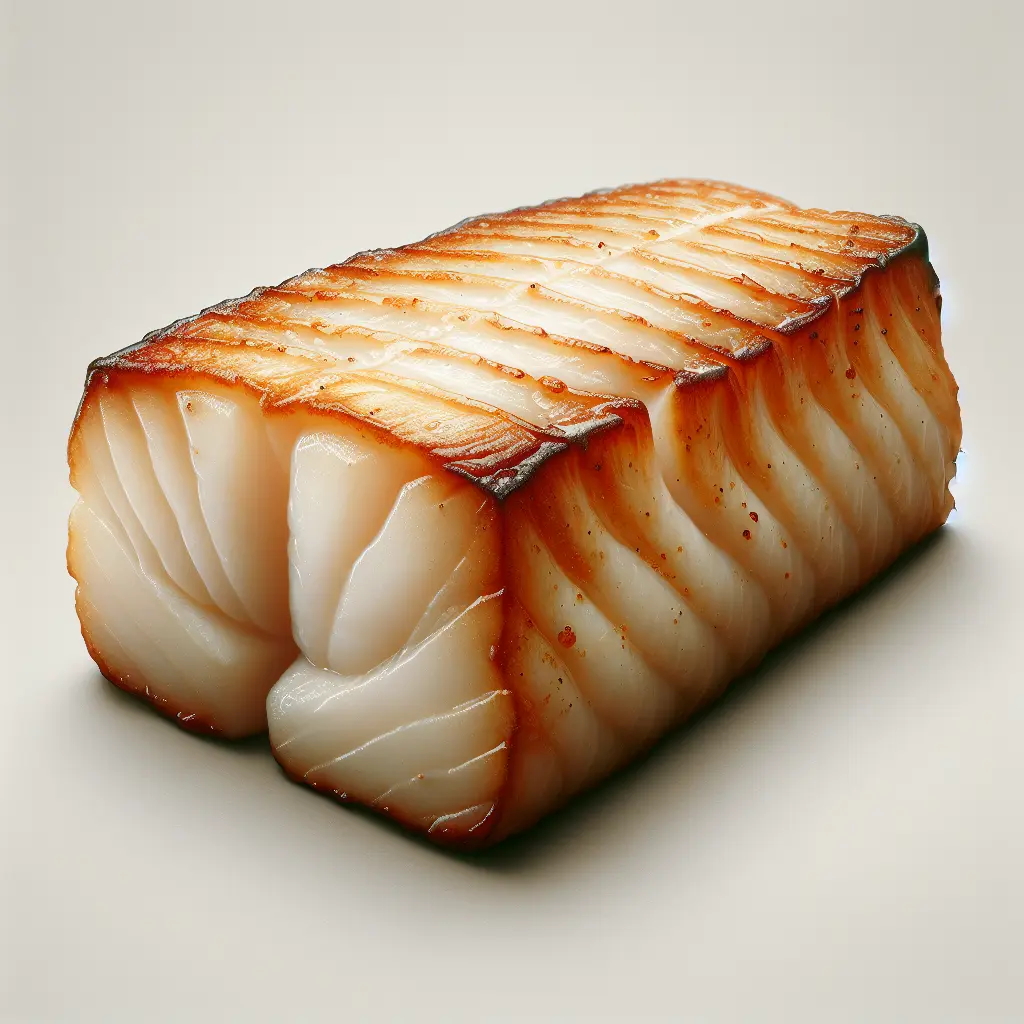Haddock: A Versatile and Nutrient-Rich Whitefish
Haddock, a member of the cod family, is a versatile and flavorful fish that offers a wide range of culinary possibilities. Its mild, slightly sweet taste makes it a favorite among seafood enthusiasts, and its firm texture lends itself well to various cooking methods. Beyond its culinary appeal, haddock shines as a nutritional powerhouse, boasting an impressive array of essential nutrients.
Nutritional Profile of Haddock
Haddock is an excellent source of protein and low in calories and fat. A single fillet of haddock provides approximately:
- Calories: 135
- Protein: 30 grams
- Fat: 0.8 grams
- Carbohydrates: 0 grams
- Fiber: 0 grams
- Sugar: 0 grams
Health Benefits of Haddock
Incorporating haddock into your diet can provide numerous health benefits:
- Promotes Heart Health: Haddock is rich in omega-3 fatty acids, which have been shown to reduce inflammation, lower blood pressure, and improve cholesterol levels.
- Supports Muscle Growth and Repair: The high protein content of haddock makes it an excellent choice for building and maintaining muscle mass. Protein is essential for tissue repair and muscle recovery after exercise.
- May Aid in Weight Management: Haddock is low in calories and fat, making it a suitable option for those seeking to manage their weight. Its high protein content promotes satiety, helping you feel fuller for longer.
- Good Source of Vitamins and Minerals: Haddock contains an array of vitamins and minerals, including vitamin D, vitamin B12, selenium, and iodine. These nutrients play vital roles in various bodily functions, such as bone health, immune function, and thyroid hormone production.
Incorporating Haddock into Your Diet
Haddock's versatility makes it easy to incorporate into your meals. Here are some popular cooking methods:
- Pan-Frying: Dredge haddock fillets in flour or bread crumbs and pan-fry until golden brown on both sides.
- Baking: Brush haddock fillets with olive oil and season with herbs and spices, then bake in the oven until flaky.
- Grilling: Grill haddock fillets over medium heat until cooked through, basting with a flavorful marinade.
- Steaming: Steam haddock fillets for a light and healthy preparation, preserving their delicate flavor.
Haddock pairs well with various sides, such as roasted vegetables, mashed potatoes, or a light salad. Whether you're seeking a nutritious and satisfying meal or a culinary delight, haddock is a versatile and health-conscious choice that won't disappoint.
How many calories are in Haddock?
Each 1 fillet of Haddock contains 135 calories.
Haddock Nutritional Information
| Nutrient | Amount per 1 fillet (150g) |
|---|---|
| Calories | 135 Calories |
| Protein | 30g |
| Fat | 0.8g |
| Saturated Fat | 0.2g |
| Cholesterol | 0.099mg |
| Carbohydrates | 0g |
| Dietary Fiber | 0g |
| Sugar | 0g |
| Sodium | 0.392mg |
| Potassium | 0.5265mg |
| Calcium | 0.021mg |
| Iron | 0.0003mg |
